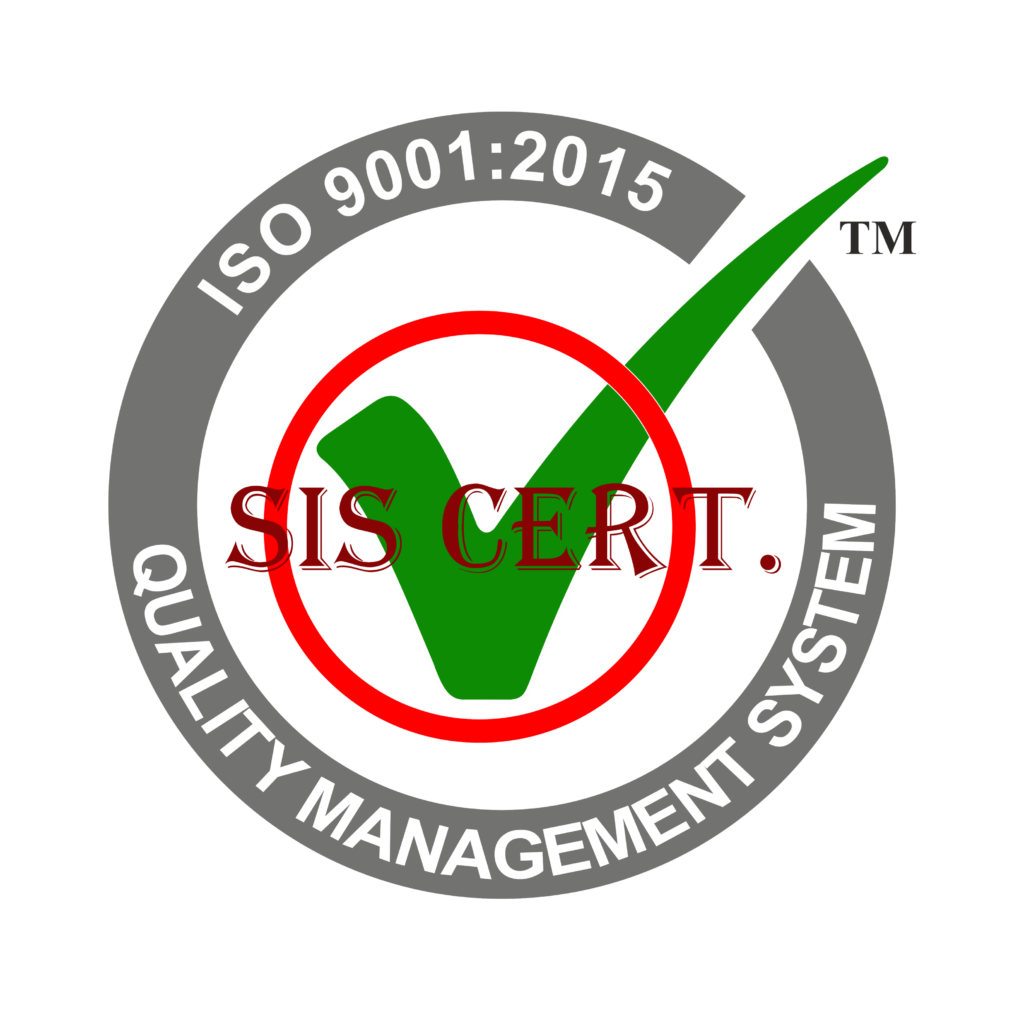Modern stainless steel production has revolutionized the way businesses and consumers interact with steel. It offers unmatched advantages over traditional steel production, including improved durability, cost-efficiency, low maintenance requirements, versatility, and eco-friendly manufacturing.
In this article, we will explore the eight unparalleled benefits of modern stainless steel production.
Key Takeaways
- Improved durability with high chromium content and passivation process
- Cost-effective production with faster and more efficient steel production process
- Low maintenance requirements due to resistance to corrosion and wear and tear
- Versatility in a wide variety of applications with unparalleled structural integrity
Improved Durability
With its high chromium content and passivation process, modern stainless steel production offers improved durability compared to other metals. One of the primary advantages of stainless steel is its resistance to corrosion, which makes it an ideal choice for components and structures requiring long-term exposure to harsh environments. Additionally, stainless steel possesses superior mechanical strength and toughness, making it a suitable material for high-load applications. The enhanced durability of stainless steel is further complemented by its temperature-resistance, enabling its use in a variety of conditions.
The production process and technologies employed in the stainless steel industry have also been improved to further increase the durability of stainless steel. Contemporary production techniques, such as cold-working, allow for the production of thin and lightweight stainless steel components with enhanced strength and corrosion resistance. This has allowed stainless steel to be used in a variety of applications that require high-strength and corrosion-resistant materials.
Cost-Effective Production
In addition to its improved durability, the cost-effectiveness of stainless steel production is another major benefit of modern stainless steel production. Manufacturers of this material can save significantly on labor costs, as the process of steel production is now much faster and more efficient than ever before. Furthermore, the cost of raw materials is also much lower due to various advancements in the production process. This makes stainless steel a much more attractive choice for manufacturers and consumers alike, as they can get quality steel at significantly lower prices.
The cost of maintenance is also lower for stainless steel production. Due to its improved strength and corrosion resistance, manufacturers no longer need to replace or repair steel components as often as they used to. This saves them a great deal of money in the long run, as they don’t need to spend as much on repairs and replacements.
Finally, stainless steel also offers increased cost savings in terms of energy consumption. The production process requires significantly less energy than traditional steel production, and this leads to lower energy bills. This is not only beneficial for manufacturers, but also for the environment, as it reduces the carbon footprint of the production process.
Low Maintenance Requirements
Building upon the cost-savings of modern stainless steel production, one of its most attractive advantages is its low maintenance requirements. There is minimal upkeep to the material once it is installed, making it a superior choice for long-term projects that require dependable performance and reliability. As stainless steel is incredibly resistant to corrosion, it stands up to wear and tear much better than other materials. This can be especially advantageous for structures that are exposed to extreme weather and other elements.
Moreover, stainless steel is easy to clean and requires no special treatments or protective coatings, unlike other metals that are prone to tarnishing and require regular maintenance. This makes it ideal for projects that demand a high level of cleanliness and hygiene, such as medical facilities, as it can be quickly and easily wiped down with a cleaning solution.
The low maintenance requirements of stainless steel also make it an attractive choice for businesses looking to reduce costs and stay productive. As the material requires little upkeep, businesses can conserve resources and time that would otherwise be spent on repairs and upkeep. This is especially beneficial for companies that have limited resources and need to keep their operating expenses to a minimum.
In short, modern stainless steel production provides a host of benefits, not least of which is its low maintenance requirements. From its superior durability, resistance to corrosion and easy cleaning capabilities, stainless steel is a cost-effective, reliable material that is ideal for long-term projects.
Versatility
Another great advantage of modern stainless steel production is its versatility.
Stainless steel’s unique composition and characteristics make it suitable for a wide variety of applications, from consumer products to industrial manufacturing. Its ability to withstand extreme temperatures, pressure, and corrosion make stainless steel an ideal material for performing even the most demanding tasks.
Additionally, stainless steel can be formed into different shapes and sizes, allowing for greater customization. With its strength, durability, and malleability, stainless steel can be used to create a variety of products and components that offer unparalleled structural integrity.
As a result, stainless steel can be used in a variety of industries, including automotive, aerospace, and medical. Its versatility and strength make it an ideal choice for modern manufacturing.
Eco-Friendly Manufacturing
Stainless steel’s eco-friendly manufacturing process makes it an even more attractive option for modern production. Today, the demand for green production is greater than ever before, and stainless steel production offers a range of sustainable benefits.
The manufacturing process is highly efficient, with minimal energy and water consumption. Additionally, the production process produces little to no toxic emissions, making it kinder to the environment.
Furthermore, stainless steel is 100% recyclable, with no degradation in quality or performance. This makes it an ideal material for production that is sustainable and cost-effective. Moreover, stainless steel has a long life span, meaning that it will not need to be replaced overly often. This helps to reduce the amount of energy and resources used in its production.
Ultimately, the eco-friendly manufacturing process of stainless steel is a major advantage in today’s modern production environment. Not only does stainless steel provide a durable and strong material, but it also offers the eco-friendly benefits that businesses and consumers are increasingly looking for.
Frequently Asked Questions
What Are the Primary Uses of Modern Stainless Steel Production?
Modern stainless steel production is used in a variety of applications, ranging from industrial to consumer-oriented products. It is an ideal material for constructing durable, corrosion-resistant products, as well as for use in medical and food processing due to its excellent hygienic qualities.
Is Modern Stainless Steel Production Safe for Food Contact?
Modern stainless steel production is safe for food contact due to its highly corrosion-resistant properties. It is an ideal material for food processing and storage, making it a top choice for food manufacturers.
Is Modern Stainless Steel Production Corrosion-Resistant?
Yes, modern stainless steel production is highly corrosion-resistant due to advances in engineering and manufacturing. Its superior durability makes it ideal for a variety of applications, from food contact to industrial use.
What Are the Environmental Benefits of Modern Stainless Steel Production?
Modern stainless steel production is beneficial for the environment, as it is a fully recyclable material. It also requires less energy and resources to produce, reducing the impact on natural resources.
Are There Any Health Risks Associated With Modern Stainless Steel Production?
Modern stainless steel production is generally considered to be safe, however there are potential health risks such as exposure to fumes and dust. Protective equipment should be worn to reduce exposure to these.
Conclusion
Modern stainless steel production has many advantages, including improved durability, cost-effective production, low maintenance requirements, versatility, and eco-friendly manufacturing.
It is becoming increasingly popular due to its strength, corrosion-resistance, and the wide range of products that can be created from it. Stainless steel production has also been known to reduce energy consumption and pollution.
Overall, modern stainless steel production is a beneficial and cost-effective choice for a variety of applications.


